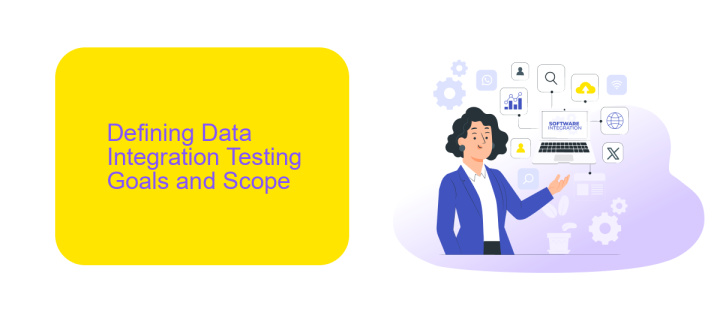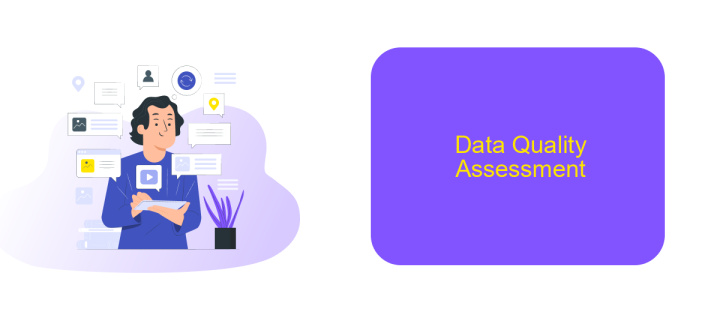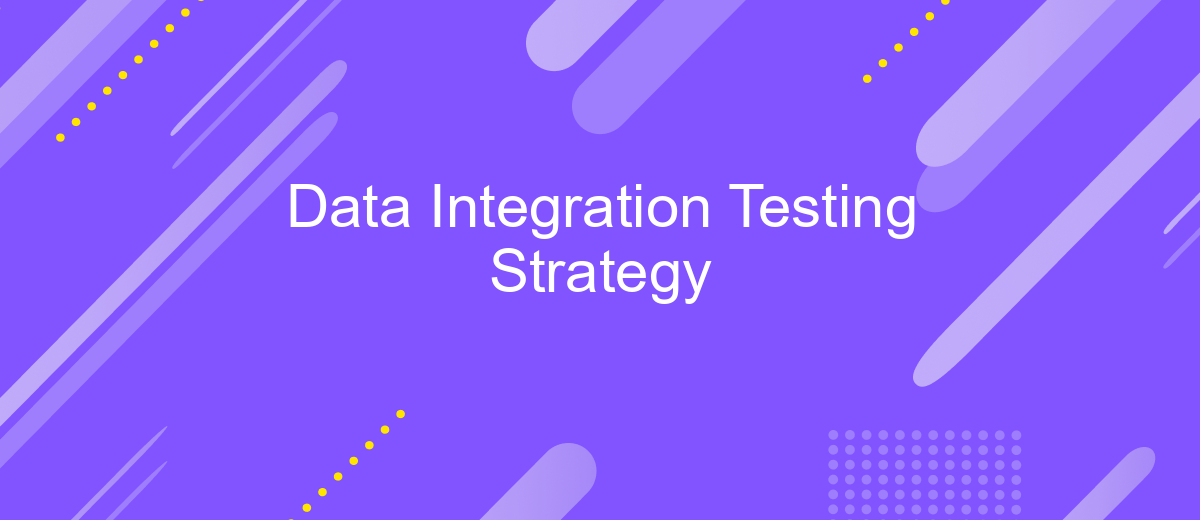Data Integration Testing Strategy
Data integration testing is a critical component in ensuring seamless data flow between disparate systems. This strategy involves validating data consistency, accuracy, and completeness as it moves through various stages of integration. Effective data integration testing helps organizations mitigate risks, maintain data integrity, and achieve reliable insights, ultimately supporting better decision-making and operational efficiency.
Introduction
Data integration testing is a crucial aspect of ensuring that data flows seamlessly between different systems and applications. This process helps in identifying and resolving inconsistencies, inaccuracies, and other issues that may arise during data exchange. A well-structured data integration testing strategy is essential for maintaining data integrity and reliability across the entire data ecosystem.
- Identifying data sources and targets
- Defining test cases and scenarios
- Automating test execution
- Validating data transformation and mapping
- Monitoring and reporting test results
Tools like ApiX-Drive can facilitate the integration process by providing a user-friendly platform for connecting various applications and automating data workflows. By leveraging such services, organizations can streamline their data integration efforts, reduce manual intervention, and ensure that data is consistently accurate and up-to-date. Implementing a robust data integration testing strategy not only enhances data quality but also supports better decision-making and operational efficiency.
Defining Data Integration Testing Goals and Scope

When defining data integration testing goals and scope, it is essential to ensure that all integrated systems function seamlessly together. The primary goal is to validate the accuracy, completeness, and reliability of data as it moves across different systems. This involves testing data flow, transformation, and synchronization between diverse platforms. Establishing clear objectives helps in identifying potential issues early, ensuring data integrity and minimizing risks associated with data discrepancies.
The scope of data integration testing should encompass all critical aspects, including data mapping, data quality checks, and performance testing. It is crucial to include various scenarios such as real-time data processing, batch processing, and error handling mechanisms. Utilizing tools like ApiX-Drive can significantly streamline the integration process by automating workflows and ensuring consistent data transfer between applications. By clearly defining the goals and scope, organizations can achieve a robust data integration framework that supports their business operations effectively.
Test Planning and Execution

Effective test planning and execution are crucial for successful data integration testing. The process begins with defining clear objectives and identifying the scope of testing. This includes understanding the data sources, integration points, and the expected data flow. Additionally, it's essential to select appropriate tools and frameworks that align with the project requirements.
- Define objectives and scope.
- Identify data sources and integration points.
- Select appropriate tools and frameworks.
- Develop detailed test cases and scenarios.
- Execute tests and monitor results.
- Analyze outcomes and address any issues.
Using integration services like ApiX-Drive can streamline the setup and execution of data integrations. ApiX-Drive offers a user-friendly interface and robust functionalities that simplify the connection of various data sources and automate data flows. This service can significantly enhance the efficiency and accuracy of your data integration testing strategy, ensuring seamless and reliable data exchanges.
Data Quality Assessment

Data quality assessment is a critical step in ensuring the reliability and accuracy of integrated data. It involves evaluating data for completeness, consistency, accuracy, and timeliness. This process helps identify any discrepancies or errors that may affect data-driven decisions and operations.
Effective data quality assessment requires a systematic approach. Start by defining data quality metrics and standards that align with business objectives. Regularly monitor and review data to ensure compliance with these standards. Utilize automated tools and services to streamline the assessment process and reduce manual effort.
- Define clear data quality metrics
- Regularly monitor data quality
- Utilize automated tools like ApiX-Drive for integration and assessment
- Review and update data quality standards periodically
By integrating services like ApiX-Drive, businesses can automate data quality checks during the integration process. This ensures that data from various sources is consistently validated and meets predefined quality criteria. Implementing a robust data quality assessment strategy not only enhances data reliability but also supports better decision-making and operational efficiency.
- Automate the work of an online store or landing
- Empower through integration
- Don't spend money on programmers and integrators
- Save time by automating routine tasks
Reporting and Analysis
Effective reporting and analysis are crucial components of a robust data integration testing strategy. Comprehensive reporting ensures that all stakeholders have a clear understanding of the test outcomes, including any issues or anomalies detected during the process. Detailed reports should include metrics on data accuracy, completeness, and consistency, as well as performance indicators. Utilizing visualization tools can help in presenting these metrics in an accessible and understandable manner, facilitating better decision-making and quicker identification of problem areas.
For enhanced efficiency, leveraging integration services like ApiX-Drive can be highly beneficial. ApiX-Drive automates data flows between various systems, ensuring seamless data integration and reducing the risk of manual errors. It also provides real-time reporting capabilities, allowing teams to monitor integration processes continuously. By using such services, organizations can streamline their reporting and analysis workflows, ensuring that all data integration activities are transparent and easily auditable. This not only improves the overall quality of data but also enhances the reliability of the integration testing strategy.
FAQ
What is data integration testing and why is it important?
What are the key components to consider in a data integration testing strategy?
How can I automate data integration testing?
What challenges might I face during data integration testing?
How often should data integration tests be run?
Apix-Drive is a simple and efficient system connector that will help you automate routine tasks and optimize business processes. You can save time and money, direct these resources to more important purposes. Test ApiX-Drive and make sure that this tool will relieve your employees and after 5 minutes of settings your business will start working faster.


